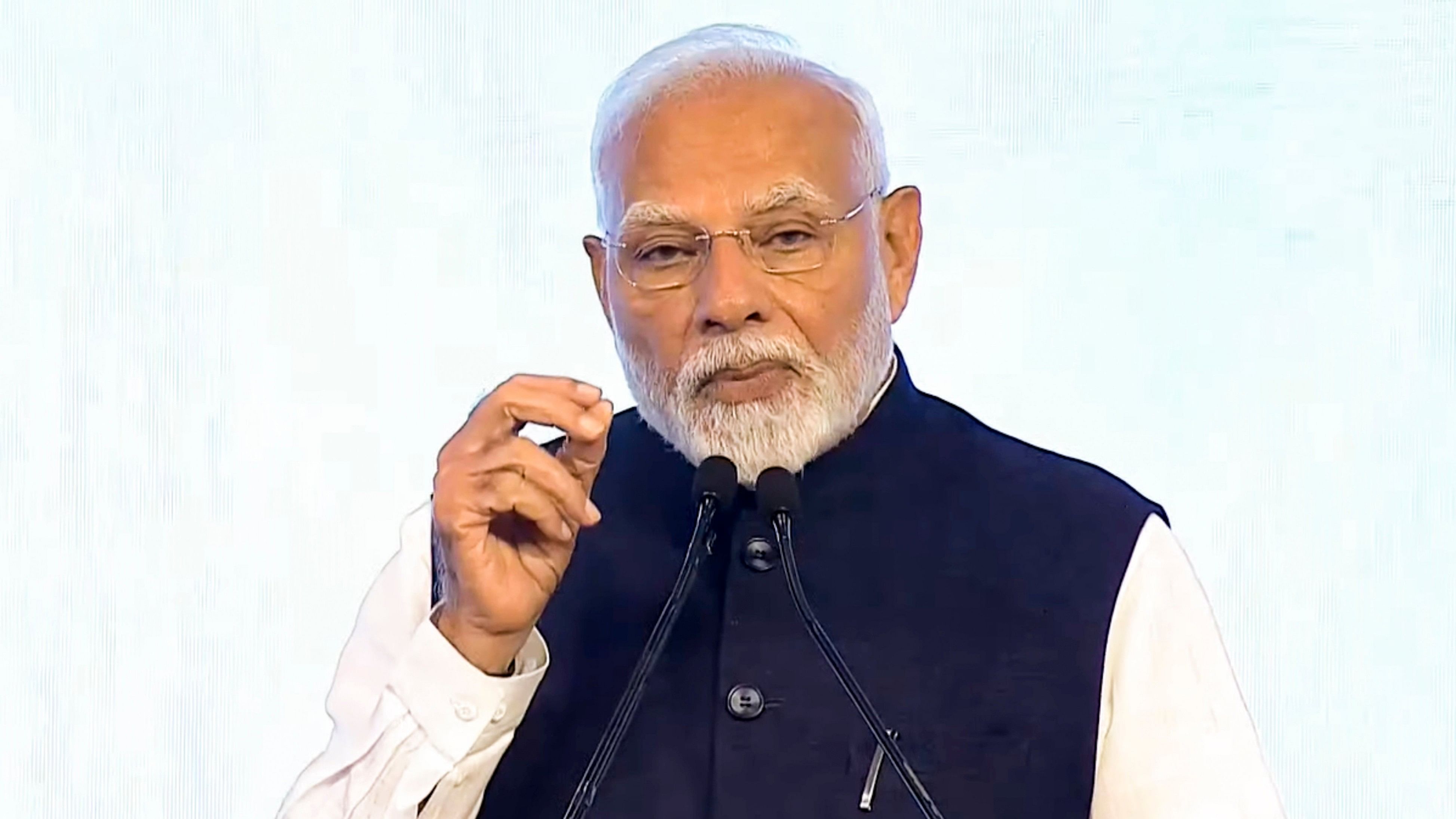
Prime Minister Narendra Modi.
Credit: PTI Photo
Amid rising incidents of cyber criminals conning people through ‘digital arrest’, the Indian cyber-security agency CERT-In on Sunday shared a list of more than a dozen ways in which online scams are being perpetrated by fraudsters, and cautioned the public against falling prey to such scams.
The advisory came on a day when Prime Minister Narendra Modi warned people against such frauds in his monthly ‘Mann ki Baat’ radio broadcast.
‘Digital arrest’ is an online scam where victims receive a phone call, e-mail or message claiming that they are under investigation for illegal activities.
The scammer threatens the victim with arrest or legal consequences unless he takes immediate action. Under the guise of “clearing their name”, “assisting with the investigation” or “refundable security deposit/escrow account”, individuals are coerced into transferring large sums of money to specified bank accounts or UPI IDs, the advisory added.
The CERT-In has also asked government agencies not to use platforms like WhatsApp or Skype for official communication.
The advisory asks people, who get contacted by such cyber criminals, to “not panic as scammers use fear and urgency to manipulate victims”.
In his radio programme, Modi said investigating agencies do not establish online contact as is being done by online fraudsters.
“Beware of digital arrest frauds. There is no system like digital arrest under the law. No government agency will ever contact you via phone or video call for such an investigation,” the PM said in the 115th edition of ‘Mann ki Baat’.
Stressing the importance of raising awareness among the people in dealing with the menace, Modi added that the central government is working with states to deal with such crimes.
“The fraudsters impersonate police, CBI, narcotics, and at times RBI officials. Using such various labels, they converse as fake officers with a lot of confidence,” the Prime Minister said, calling upon people to actively combat cyber scams.
The PM also urged educational institutions to raise awareness and spelled out three-step guidelines to militate against online scams.
“Follow these three steps to stay safe: stop, think, take action. First, stay calm and do not panic. Record or take a screen recording if possible. Second, remember that no government agency will threaten you online. Third, take action by dialing 1930 to connect with the national cyber helpline and also inform police about such a crime,” Modi said.